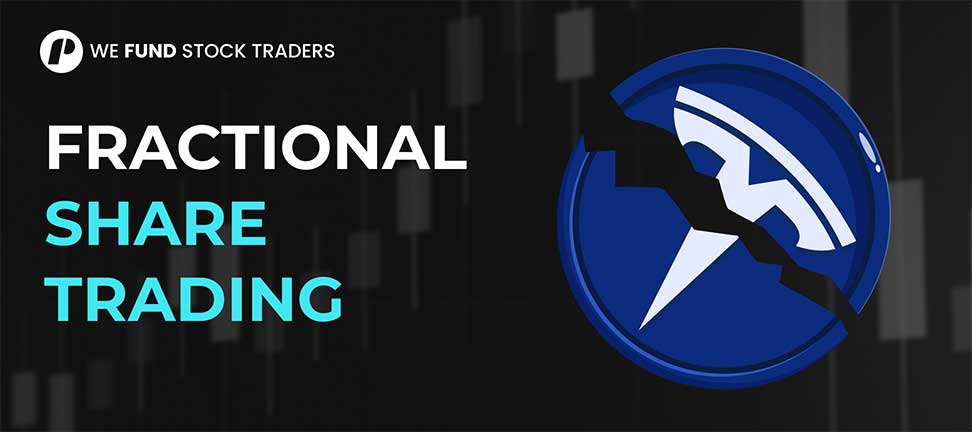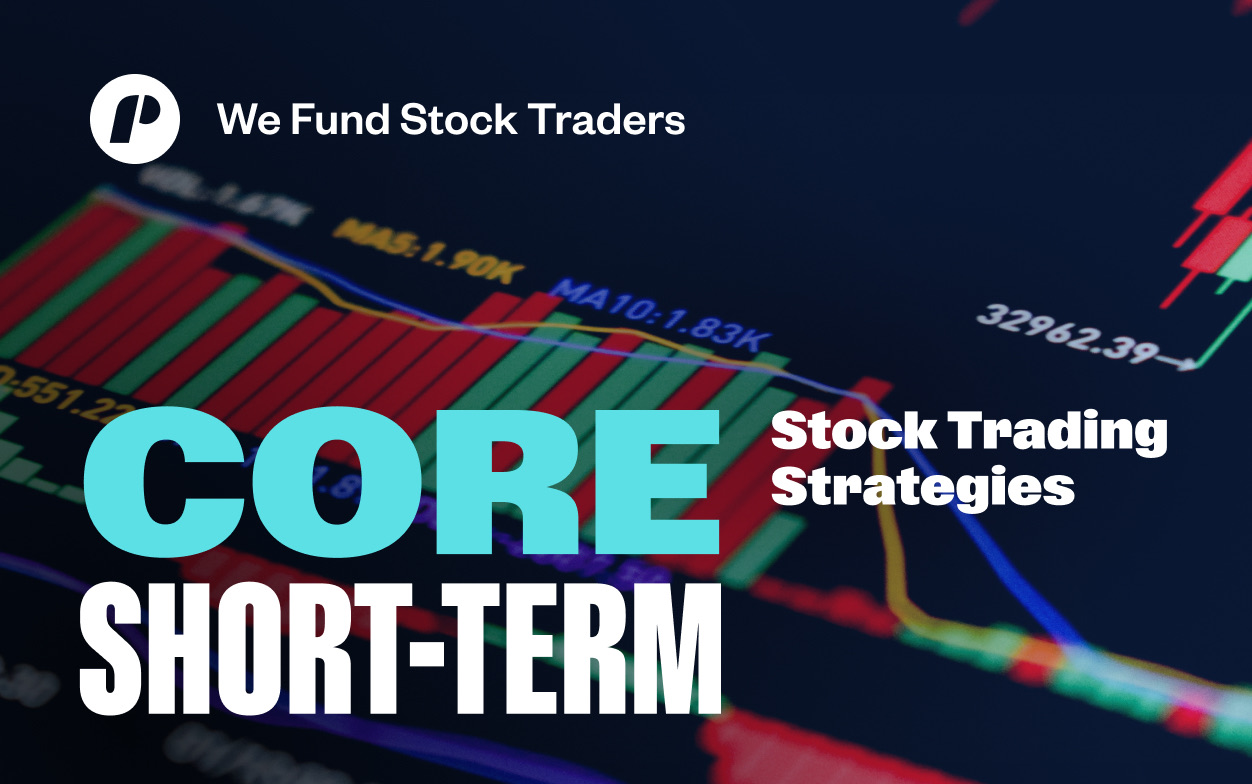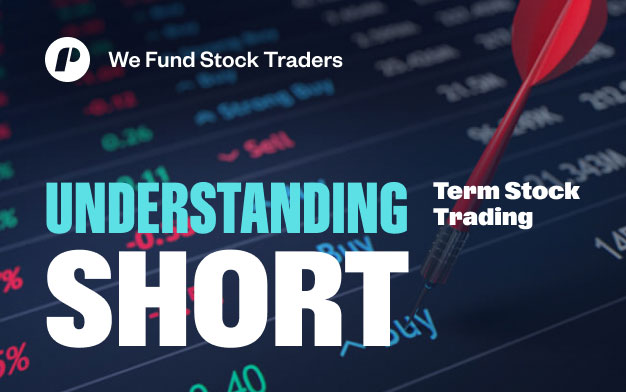
Introduction
Fractional Share Trading has quickly become a game-changer for many traders and investors.
This somewhat innovative approach allows you to trade fractional shares, which means traders can buy and sell a portion of a stock rather than the entire share (thus making the whole process more affordable).
In this new article, we’ll look into what fractional share trading means for traders, why it has become so popular, and how it can help you optimize your investment strategy.
What Are Fractional Shares?
As I’m sure most people will be able to gather by their name, fractional shares are nothing more complicated than a fraction of a whole share.
Traditionally, stock purchases required you to buy whole shares, which made it hard for traders with smaller accounts to make any significant gain, especially for high-priced stocks.
If, for instance, you wanted to invest in a company like Amazon or Tesla, a single share would cost you thousands of dollars. But, with fractional shares, you can invest in these companies with much smaller amounts of capital.
For example, if Amazon’s stock is priced at $3,000, you can purchase just $300 worth, giving you 0.1 of a share.
In a way, this ability to trade fractional shares democratizes access to investment opportunities, also allowing individuals with smaller portfolios to diversify and invest in higher-priced stocks that would otherwise be out of reach.
Why Retail Fractional Share Trading is Gaining Popularity
It is easy to see the reasons why this benefits-packed innovation has attracted so many traders but quickly go through the most evident among them.
Accessibility and Affordability
Fractional share trading lowers the barrier to entry for many retail traders and investors. Brokers were quick to notice that the youngest generation of traders, (particularly those just entering the market), were struggling to find ways to grow their portfolios without needing a substantial initial investment. They answered by creating the opportunity to trade fractional shares. This enables investors to start with whatever amount they feel comfortable with, making investing more approachable.
Diversification Made Easy
Fractional shares also enhance traders’ ability to diversify.
In traditional trading, the need to buy whole shares made diversification almost impossible for traders with smaller accounts and, of course, investing large portions of one’s portfolio into a handful of expensive stocks could lead to massive strategic risks.
However, with the ability to trade fractional shares, traders can spread their positions across various sectors, thus minimizing risk.
For instance, suppose you want to invest in technology, healthcare, and energy but have only $1,500 to invest.
With traditional share buying, you might end up buying one share of a tech stock and a handful of cheaper stocks, limiting your exposure.
With fractional shares, you can allocate $500 to tech giants like Apple or Microsoft, $500 to Pfizer in healthcare, and the remaining $500 to an energy firm like NextEra Energy, thereby diversifying your investment even with a modest amount.
Innovative Trading Platforms
The rise of trading platforms like Robinhood, E-TRADE, and Charles Schwab – for investors – has made fractional shares even more popular.
These platforms are designed with user experience in mind, making it easy to buy and sell fractional shares without excessive fees.
Zero-commission trading on many platforms has also contributed to its appeal, providing retail traders with a cost-efficient way to participate in the market.
Key Notes
With Trade The Pool, of course, traders’ benefits are multiplied since, in addition to the lower cost, traders can trade from a pool of funds rather than from their own private trading account.
Fractional shares for traders
Fractional share trading also offers several specific benefits to traders as opposed to long-term investors. All in all, it significantly enhances the whole trading experience – especially for the more active traders.
It offers flexibility, lower barriers to entry, and a more tailored approach to managing risk in any market conditions.
For example:
- Traders can quickly enter and exit positions without needing to commit to the cost of whole shares. This allows for agility in responding to market movements.
- Since fractional shares allow for smaller investments, traders can manage risk more effectively by only allocating a portion of their capital to each trade.
This can help minimize losses on poor trades. - In a volatile market environment, traders often need to make quick decisions. Fractional share trading allows them to swiftly adjust their positions without the constraint of buying or selling whole shares.
- Traders can engage in day trading or short-term strategies with expensive stocks that might otherwise be out of reach if only whole shares were available.
- Fractional shares allow traders to take advantage of multiple trading opportunities within a single day, spreading investments across various stocks without the need for significant capital.
Potential Downsides to Consider
As you can see, trading fractional shares comes with numerous advantages for both investors and traders but it’s important to also consider the potential downsides.
For one, the lack of voting rights can be a drawback for some long-term investors.
Typically, owning a full share grants you voting power at shareholder meetings but, with fractional shares, that power can be limited or non-existent, depending on the broker. Although this might not be an issue for day and swing traders, longer-term investors need to be aware of it.
Also, executing orders for fractional shares sometimes come with some limitations.
Although most brokers are working to integrate better fractional trading capabilities, there may be instances where the availability of certain stocks is restricted, particularly during periods of high volatility.
Finally, it’s important to consider the fees.
Many platforms offer commission-free trading, but there may still be some hidden costs or spreads, especially around high-volume trades or less liquid stocks. So, be aware and always read the fine print.
Key Notes
How to Start Trading Fractional Shares
- Set Your Investment Goals: Define your investment strategy—what sectors you want to focus on, how much risk you’re willing to take, and your time horizon.
- Choose the Right Broker: Look for brokers that offer fractional shares and a user-friendly platform. Compare features, ease of use, and any trading fees that might apply.
- Start Small: Since fractional shares allow you to buy in at lower amounts, start with a small investment in a few stocks you’ve done your homework on.
- Monitor and Adjust: As with any investment strategy, keep an eye on your portfolio and adjust your holdings based on performance and market conditions.
- Stay Informed: Continuously educate yourself about the companies in which you invest and keep up with broader market trends.
Conclusion
Retail fractional share trading is reshaping how small traders and investors interact with the stock market and, by doing so, they are allowing for a more inclusive investment landscape.
Whether you’re looking to trade expensive, high-growth tech stocks or diversify into other asset classes, fractional shares could be the key to further improving your investment strategy.
So, if you haven’t already explored this avenue, now might be the right time to dive in and trade fractional shares and… even better than any retail broker, Trade The Pool is the perfect place to start!
Hope this helps.
If you liked this post make sure to share it!







